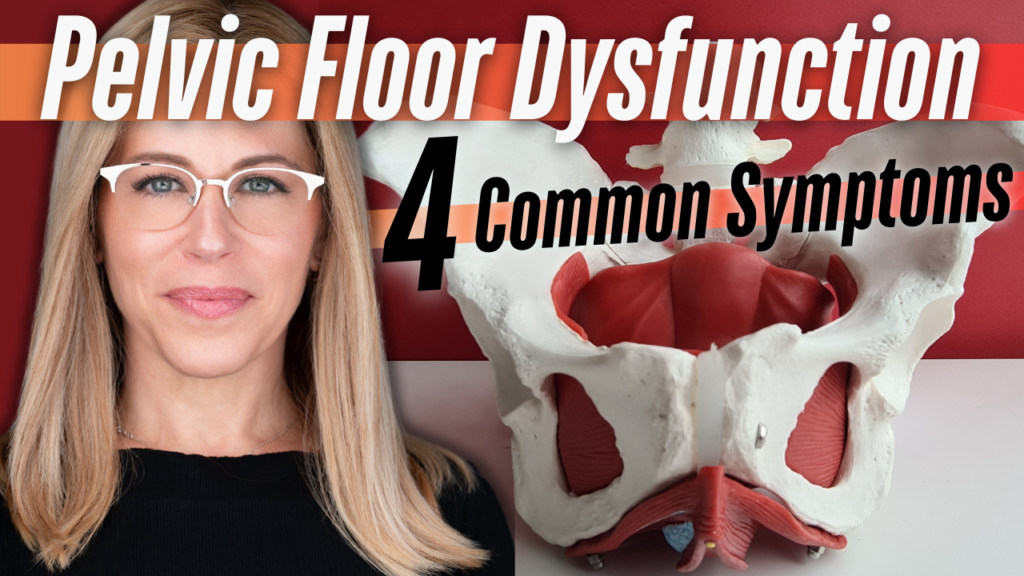
Video: 4 Common Pelvic Floor Dysfunction Symptoms You Shouldn’t Ignore
Discover the 4 common symptoms of pelvic floor dysfunction that you shouldn’t overlook! In this video, Susan Winograd PT, founder and owner of Pelvicore Rehab and Wellness, breaks down the “4 Ps” – peeing, pooping, pressure, and pain – and explains how symptoms related to the 4 Ps might signal a problem with your pelvic floor.

